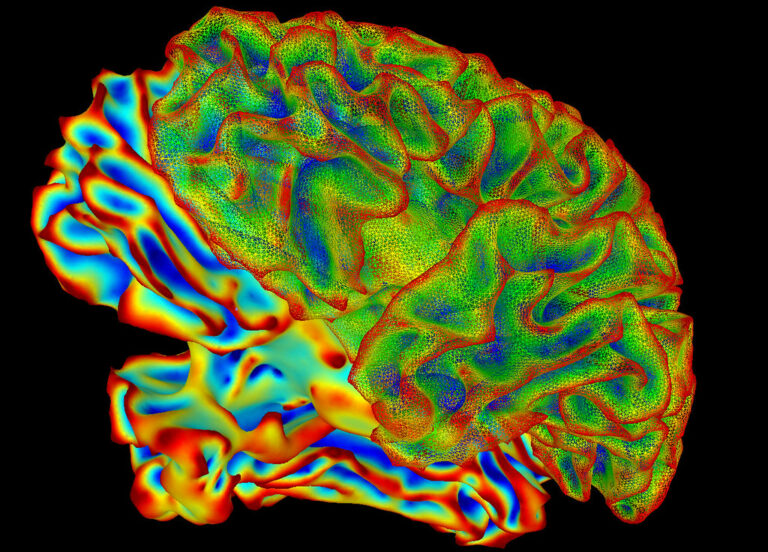ACTIVITY THREE : Growing in Character
It was my 50th birthday party a few years ago. I was sharing it with two friends, and it was a big affair. In a fit of creativity/ignorant idealism I had declared that I would form a band and we would play a song from every decade the three of us had been alive. For the 2010s, I chose a slightly obscure song that meant a lot to my family but it turned out the song was without a recognisable repetitive structure. As I rehearsed with the band, I realised I had a problem: while the band I had assembled had the song down perfectly, my poor little brain just didn’t get it. Probably if we had practiced for many days or weeks, I would have learned the structure of the song, but I couldn’t do it in the moment, unlike my more musically accomplished friends. My musical limitations had been laid bare.
I’ve come to see a lot of my growing as a person as being like musical ability: some of us can hear notes, melody and tempo, some of us just can’t. Yet with practice, I have been able to be part of a band and lead worship on a guitar without ever being particularly brilliant. What if all the constituent parts of becoming human are like musical ability? What if, for example, you are more spiritually attuned than me but also more likely to respond to a situation with inappropriate anger? Perhaps each of us might be tempted to accentuate the positive and hide, rather than eliminate, the negative. The problem with that approach is that sooner or later we are going to trip over something that reveals what we’ve been hiding. What some people call our character is really the sum total of all our experiences, habits and coping mechanisms – good and bad. Often we find that we are a bit of patchwork quilt that is apt to tear under pressure. The good news from the folks at Life Model Works (LMW) is that our brains remain ‘plastic’ (i.e. teachable) right into later life. That plasticity means that new connections between our neurons can grow and new responses and habits can be formed.
LMW have outlined 19 Relational Skills that they believe we can all grow in. As Chris Coursey, the author of ‘The Lifeboat in Your Brain’ puts it, these skills ‘form a resilient identity that gracefully endures under stress, fatigue and pain.’ At the end of the article I am going to provide a download link to Chris’s short book, which manages to be both encouraging and challenging. What’s fascinating about the book is that while it effectively ‘codifies’ a healthy mind using the latest neuroscientific understanding, these 19 skills reflect biblical virtues in a really clear way. Obviously in a short blog post I can’t list all of them, but they chime with the sermon on the mount, the hymn to love in 1 Corinthians 13 and the fruit of the Spirit in Galatians 5. Perhaps the most important thing from the book is that it starts with Joy: the joy of knowing that one belongs to God and to community.
This joy comes from the work that we put into the previous two activities that I’ve outlined in this blog series: investing in deep community and in the life of prayer. From that joy of being a child of God, living in God’s family, can grow Christlike character: love (caring for others as if they are part of our closest family), peace (bringing calm into the most stressful situations, for ourselves and others), patience (persevering even when there is no end in sight), kindness (serving others beyond what is expected), goodness (responding instinctively in Christlike ways), gentleness (relating to each person as they are, without our own agenda) and self-control (dealing with negative thoughts and emotions before they take control of us).
Let me give you an example from my own life. I’ve recently become aware that some challenges in my childhood mean that I have reacted very badly in conflict situations. I don’t get mad; I get incredibly anxious. It has taken many years of observing myself with God to be able to change my emotional response to certain ‘triggers’. I feel that this is a work that God and I have done together, with the help of Anna my very patient wife and my closest friends in community. This slow, gradual change in me doesn’t mean that I won’t have any conflict (although now some conflicts no longer seem worth pursuing); in fact, it might mean that when I feel that God is calling me to confront wrongdoing, I will be more willing to do so because I’m not allowing my emotions to destabilise me.
I hope that you’ve found the thoughts in this blog series stimulating. A stimulant enables you to do something you might otherwise not feel able to do. That ‘thing’ is to change and grow. If you are at a place where you wonder whether change is possible, I encourage you to find a community where you can be open, to make space to invest in your life with God (either on your own or with others), and to see how these two things can feed into the development of your character.
You can find Chris Coursey’s The Lifeboat in our Brain to download here:https://bit.ly/19RelationalSkills
Image Credit: National Institute of Mental Health, National Institutes of Health


